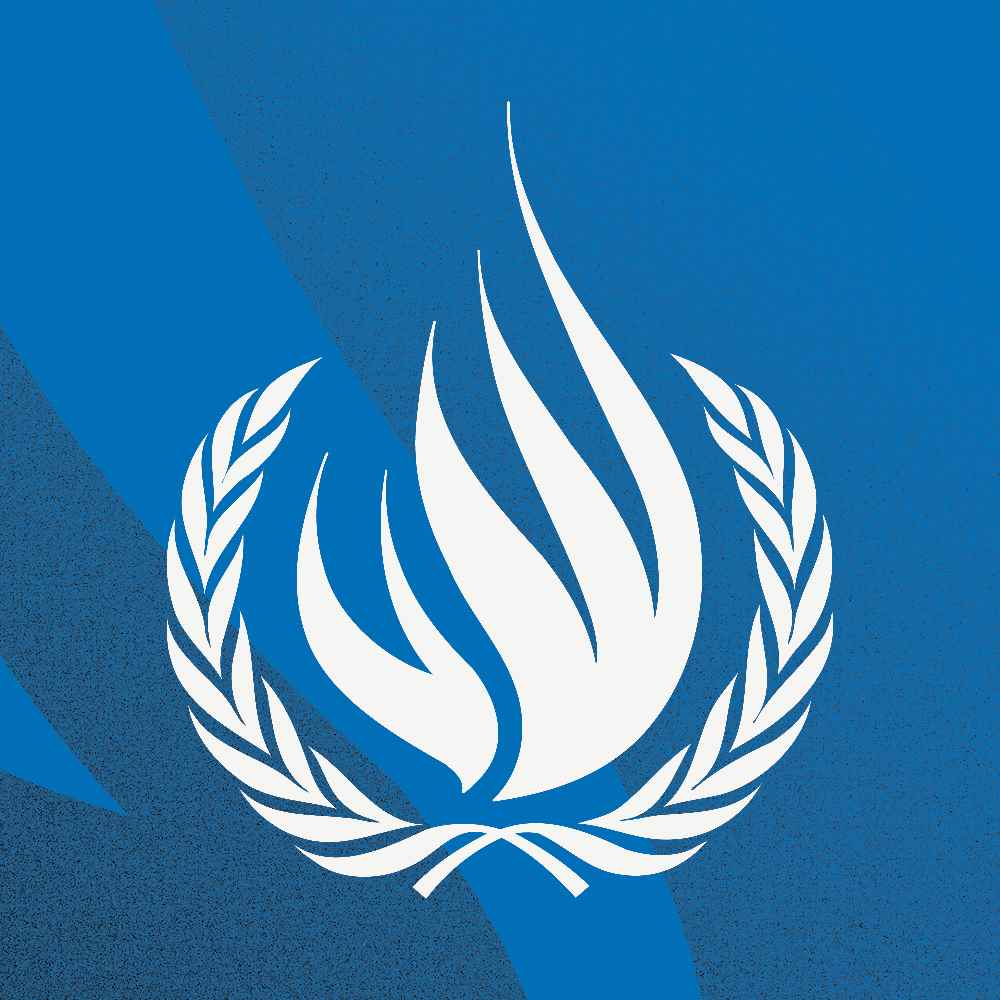
The expiry of a six-month ceasefire in Yemen has thrust the country back into war after limited improvements in humanitarian conditions, according to analysts.
Charities have criticised the failure to extend beyond Sunday the truce that was first agreed in April, and which they said had created hope for Yemenis. Although critics have said it created only a temporary stop in fighting that allowed the Houthi rebels to strengthen.
“The end of the truce is terrible news for the people of Yemen. Millions will now be at risk if airstrikes, ground shelling and missile attacks resume,” said Ferran Puig, Oxfam’s country director in Yemen.
“The past six months have brought hope to millions of Yemenis who have seen a 60% decrease in casualties, a significant reduction in violence, more fuel imports and much easier access to essential services and aid. In addition, fewer people have been forced from their homes.”
Before the deadline to extend the ceasefire, a coalition of 44 NGOs issued an appeal to the warring parties, citing the reduction in civilian casualties and saying the reopening of Sana’a airport and the increased flow of fuel through the disputed Hodeidah port had enabled Yemenis to more freely access healthcare, education and business opportunities.
They said that an extension to the ceasefire could also allow for the clearing of landmines, which have continued to kill and maim civilians, and for farms to be worked.
The Norwegian Refugee Council said in a statement on Monday: “We call on the parties to the conflict to reconsider, refrain from pulling the trigger, put aside their differences and extend the arm of diplomacy, as they have done successfully for the last six months. Indeed, the last two months have shown that solutions are within sight when they agree to focus on them, instead of the fighting.”
However, Nadwa al-Dawsari, a Yemeni analyst, said the benefits of a truce had been exaggerated by international organisations, as the Houthi rebels had refused to reopen roads needed to reach people most in need.
“Technically, the truce should improve humanitarian conditions, but in reality it didn’t. Whatever little signs of improvement, like the Sana’a airport [resuming flights], there are no signs this is part of a greater commitment, from the Houthis in particular, to make this truce actually work,” she said.
“The overoptimism about the truce is quite misleading, people talking from wishful thinking. In reality, every truce has been an opportunity, including this one, to mobilise and recruit fighters.”
In August, 15 human rights groups said the Houthis’ refusal to reopen roads from the city of Taiz, which they began besieging in 2015, was forcing people to make long journeys on dangerous routes to reach healthcare or move goods.
Mareike Transfeld, co-founder of the Yemen Policy Center thinktank, said the truce meant some parts of the population could live without fear of violence and that oil prices stabilised because of the increased flow through Hodeidah. But humanitarian conditions did not improve significantly because of the road closures and lack of funding.
“The hope would have been that a real commitment [to the truce] would have translated to more improvements, such as the opening of roads in Taiz, which could have improved the humanitarian situation in the city. Unfortunately, the negotiations did not lead to an agreement and the Houthis used them as leverage to get other concessions,” said Transfeld.
In April, the UN warned of “outright catastrophe” in Yemen, where a series of natural disasters have exacerbated conditions.
According to the UN refugee agency, the war between the Saudi-led, pro-government coalition and Houthi rebels has left 73% of Yemen’s population dependent on humanitarian aid and has internally displaced 4.3 million people. There have been more than 13,000 civilian casualties.
Less than half of the UN’s request for humanitarian support has been funded since it was launched in April. Shortfalls forced the UN to cut food rations by more than half in June.
The import-reliant country had also been affected by the halting of wheat exports from Ukraine after Russia’s invasion, but prices are expected to stabilise following an agreement to reopen Black Sea shipping.
In a report on humanitarian needs released on Sunday, the UN highlighted problems in access to water and sanitation, with only a quarter of people it assessed having clean water sources in their homes, and the same amount not having a latrine.
The report also said 40% of children were not going to school and a third of households had to travel more than an hour to reach any kind of health facilities.












